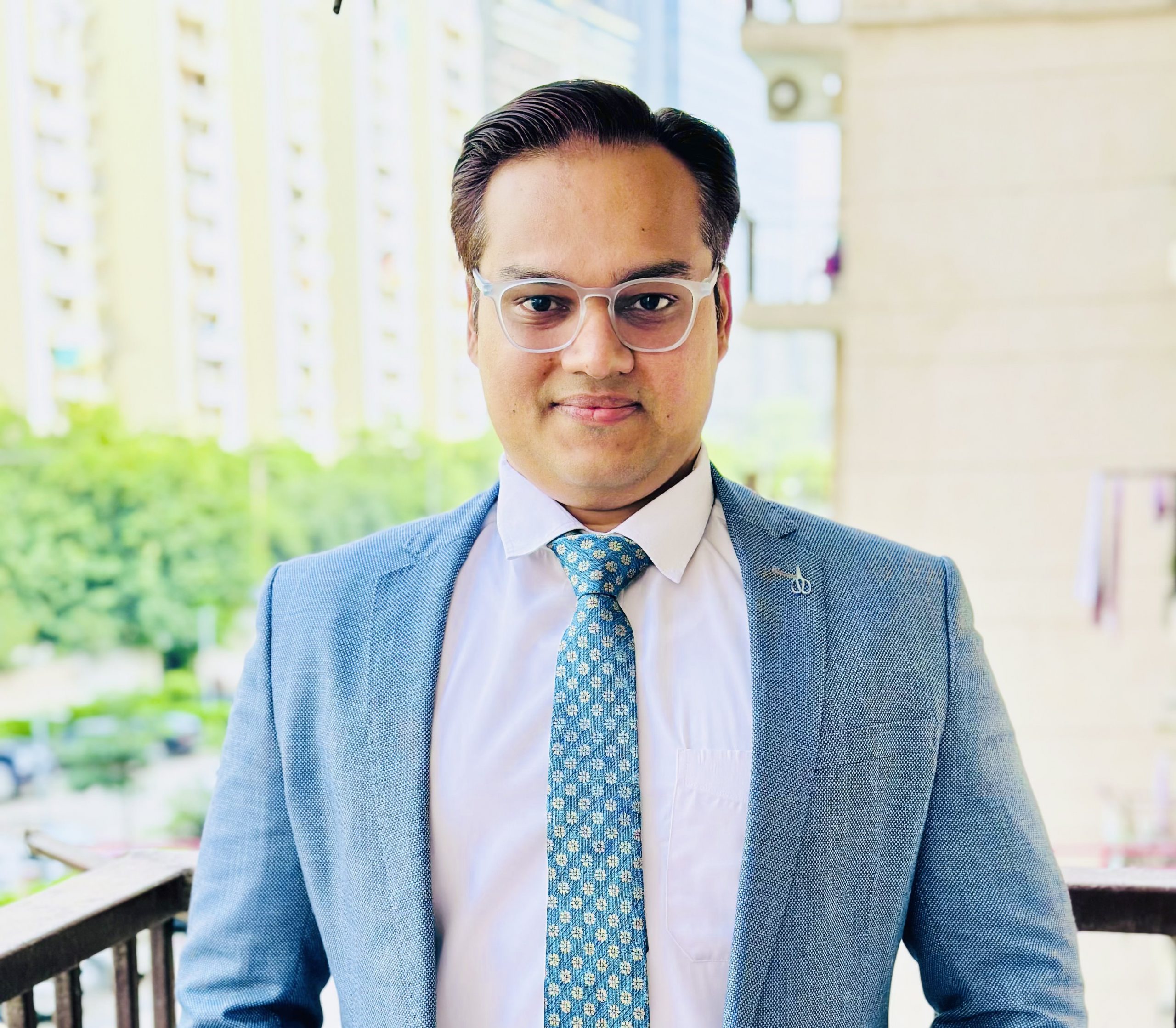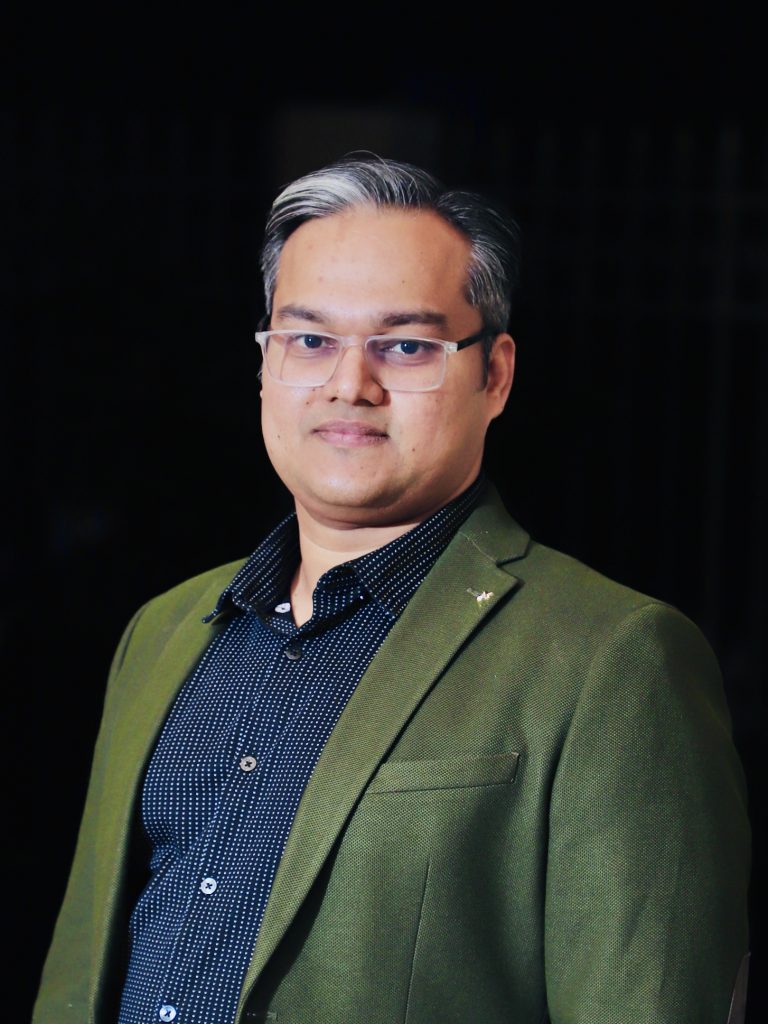This interview has been published by Priyanka Karwa and The SuperLawyer Team
Could you please share about your formative years of litigation practice in the Supreme Court?
In 2007, after enrolling as an advocate, I set off from Kerala to Delhi with only 5,000 rupees in my pocket, driven by burning determination and dreams in my eyes, all in pursuit of my aspirations. The metropolitan city was new, the people were unknown, my Hindi language skills weren’t fluent, adapting to the fast-moving culture proved challenging, extreme weather posed difficulties, housing rents were high, and adjusting to North Indian food was tough. Moreover, at that point, I didn’t know a single person in the legal circle in Delhi. Despite all odds, I managed to survive.
Fortunately, a friend referred me to a Supreme Court lawyer, leading to opportunities to work with two leading law firms in the Supreme Court. I am grateful to my mentor, Mr. Anand Sanjay Nuli, the founder of the law firm Nuli and Nuli. In a short period, I immersed myself in the intricacies of litigation practice, becoming familiar with the procedures of most courts and tribunals in Delhi.
Starting to receive cases from my home state of Kerala, I launched my independent practice in 2012. Following my successful clearance of the AOR exam in 2015 on my first attempt, I never looked back: my contacts multiplied, cases poured in, and my workload increased day by day.
Your legal journey has spanned from handling cases in the Supreme Court to contributing to legal academia. What motivated you to pursue both active litigation and a role as a Visiting Faculty at various law schools? How do these two aspects complement each other in your professional life?
While pursuing an LLM from Amity University, several friends encouraged me to take the UGC-NET exam and fortunately, I cleared it in 2015. Technically being qualified as an Assistant Professor ignited my interest in academia and led me to take up teaching assignments in law schools and business schools.
Active litigation challenges me to stay current with legal developments and sharpens my analytical skills. It offers real-world experiences I bring to the classroom, giving students practical insights beyond theories. Simultaneously, academia allows me to delve deeper into legal theories, engage eager minds, and contribute to shaping future legal professionals.
Teaching keeps me intellectually engaged, refines my communication for the courtroom, and broadens my perspective through a constant exchange of ideas. This synergy between litigation and academia enriches my understanding of legal concepts and enhances my effectiveness both as a lawyer and educator.
Your involvement in drafting Private Member Bills is noteworthy. Can you share a bit about the inspiration behind bills like the Anglo-Indian Welfare Bill and The Waste Management and Recycling Bill?
I provided advice to several Members of Parliament (Lok Sabha), irrespective of their political affiliations. During this time, the Lok Sabha MP named Dr. Richard Hay expressed a desire to address the unique needs and concerns of the Anglo-Indian community within the legal framework. This community possesses a distinct cultural identity and faces challenges that may require tailored legislative attention.
Another legislative initiative involved waste management, aiming to align India’s practices with cleaner standards akin to Western countries. The inspiration behind The Waste Management and Recycling Bill stemmed from the urgent need to address environmental concerns, specifically focusing on efficient waste management and promoting recycling practices. Extensive research on similar laws in other countries formed the foundation for drafting these bills.
Both Private Member’s Bills were introduced in different Lok Sabha sessions, and I felt immensely gratified and proud to have had the opportunity to apply my legislative skills to these initiatives. Dr. Richard Hay later expressed gratitude in his book, acknowledging the significant role I played in the formulation of these two Bills—an overwhelmingly fulfilling experience for me.
As an advocate-on-record with a focus on election laws, you’ve completed a Ph.D. in the same field. What prompted you to delve into this area, and how do your academic pursuits enhance your ability to navigate complex legal issues in electoral matters?
Firstly, I completed my LLM in Constitutional Law. Secondly, while advising a few Members of Parliament, I became increasingly fascinated by the captivating nature of election laws due to their intrinsic connection to democracy, governance, and the fundamental rights of citizens. Both these led me to choose a PhD topic focused on the critical study of statutory provisions and judicial decisions regarding hate speeches for electoral gain.
Besides, my decision to specialize in election laws stems from a profound interest in upholding democratic principles and ensuring fair and transparent electoral processes. Academic pursuits in this field significantly enhance one’s ability to navigate complex legal issues in electoral matters. Researching and studying electoral laws at an advanced level equips individuals with a comprehensive understanding of election procedures, electoral disputes, and policy insights, providing an edge in handling intricate electoral legal issues.
Winning the Family Medicine Advocacy Award in 2019 is a unique accomplishment. How has your legal work contributed to the cause of family medicine, and what role do you see for lawyers in advocating for broader societal issues beyond the courtroom?
The award, conferred upon me by the Academy of Family Physicians of India (AFPI), recognized my efforts in advocating for the establishment of a separate department of family medicine in all hospitals and incorporating a course on family medicine into the MBBS curriculum through a Writ Petition filed in the Supreme Court. Consequently, the Court directed the Union of India to make an appropriate decision, which ultimately resulted in a positive conclusion. This decision significantly benefited family medicine practitioners and millions of our countrymen by supporting accessible and quality healthcare.
Lawyers can play a pivotal role in advocating for broader societal issues beyond the courtroom through various means. One such avenue is policy advocacy, wherein lawyers engage in lobbying efforts and collaborate closely with policymakers to shape laws and policies addressing social justice, human rights, environmental sustainability, healthcare, education, and more. Another effective approach is filing Public Interest Litigation (PIL) or representing marginalised groups, NGOs, or individuals in legal cases that challenge unjust policies, protect civil liberties, and seek remedies for systemic issues. Other impactful methods include legal education and empowerment, raising public awareness through media, Corporate Social Responsibility (CSR), conducting research, and providing data-driven solutions for societal challenges.
Overall, lawyers serve as advocates, advisors, educators, and catalysts for societal change. Their expertise in law and understanding of legal systems position them as crucial agents for advocating broader societal issues, striving to create a fairer, more just, and inclusive society.
You’ve been involved in some ground-breaking Constitutional Bench cases. Can you share a moment from your career that stands out as particularly impactful or challenging?
Several cases I handled were notably challenging, with two among them considered landmark judgments. One instance involved the judgement pronounced by the Constitution Bench in the Sabarimala temple case, permitting women’s entry into the temple. In this case, I filed the petition on behalf of the royal family of Pandalam who constructed the Lord Ayyappa temple at Sabarimala, advocating for the continuation of tradition. This decision caused significant upheaval in the state of Kerala. Another significant case was a Constitution Bench judgement that decriminalized the provision of adultery i.e., Section 497 from the Indian Penal Code (IPC). I filed a Writ Petition representing an activist named Joseph Shine. Both of these cases are widely regarded as landmark judgments.
One instance that I can’t forget in my career was the research and drafting that my legal team did challenging the Citizenship Amendment Act (CAA) in the Supreme Court on behalf of one Member of the Parliament named T.N. Prathapan. We completed the same in just a matter of 6 hours starting from 1:00 am till 7:00 am. That night was a marathon, intense and unforgettable.
The list is endless, encompassing various subject matters of law—ranging from service jurisprudence to environmental laws, civil remedies to criminal matters, constitutional issues to corporate advisories, arbitration proceedings to family disputes, and more. I am thankful to my colleagues Mr. Vibhor Ahlawat, Ms. Vijayalakshmi Raju, Ms. Somlagna Biswas, Ms. Deepika Singh, and Ms. Disha Puri for their relentless efforts and contributions, without which I can’t be where I am now.
Beyond the courtroom, we know you’re into Artificial Intelligence and enjoy a game of online chess. Is this your way to unwind or do you have different hobbies that help you relax and recharge?
For the past few years, I have immersed myself in reading about Artificial Intelligence (AI). In the realm of litigation practice, embracing technology, especially AI has become increasingly essential. My focus lies on advocating for ethical AI, a concern that unfortunately garners attention from only a few.
Additionally, I am deeply intrigued by billionaire stories. I used to watch their interviews that reveal their tales spotlighting resilience, innovation, and their strategies for success. Exploring their stories unveils their mindsets, work ethics, and pivotal choices. It’s not just about wealth, but also their visions, failures, and societal contributions, making their journeys both compelling and relatable.
Being a Visiting Faculty at various law schools, what motivates you to engage with the next generation of legal minds? Any advice for budding lawyers based on your experiences?
Interacting with budding legal minds as a Visiting Faculty is profoundly fulfilling. The drive behind this engagement springs from a fervent passion for imparting knowledge, moulding future legal luminaries, and witnessing their transformative journey. It’s truly inspiring to play a part in the growth of the next generation, fostering and guiding them through the intricate pathways of the legal world.
My advice to budding lawyers: embrace lifelong learning; hone communication skills; uphold ethical standards all the time; build a strong network; prioritise clients over your personal and political inclination, and be anti-fragile. Always, embrace technology and AI-driven solutions in litigation as well as non-litigation. That’s the future.
Get in touch with Suvidutt Sundaram

























